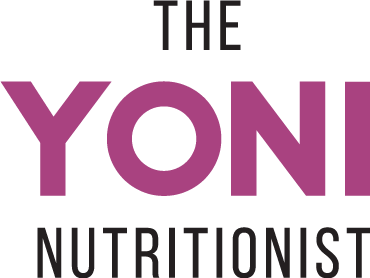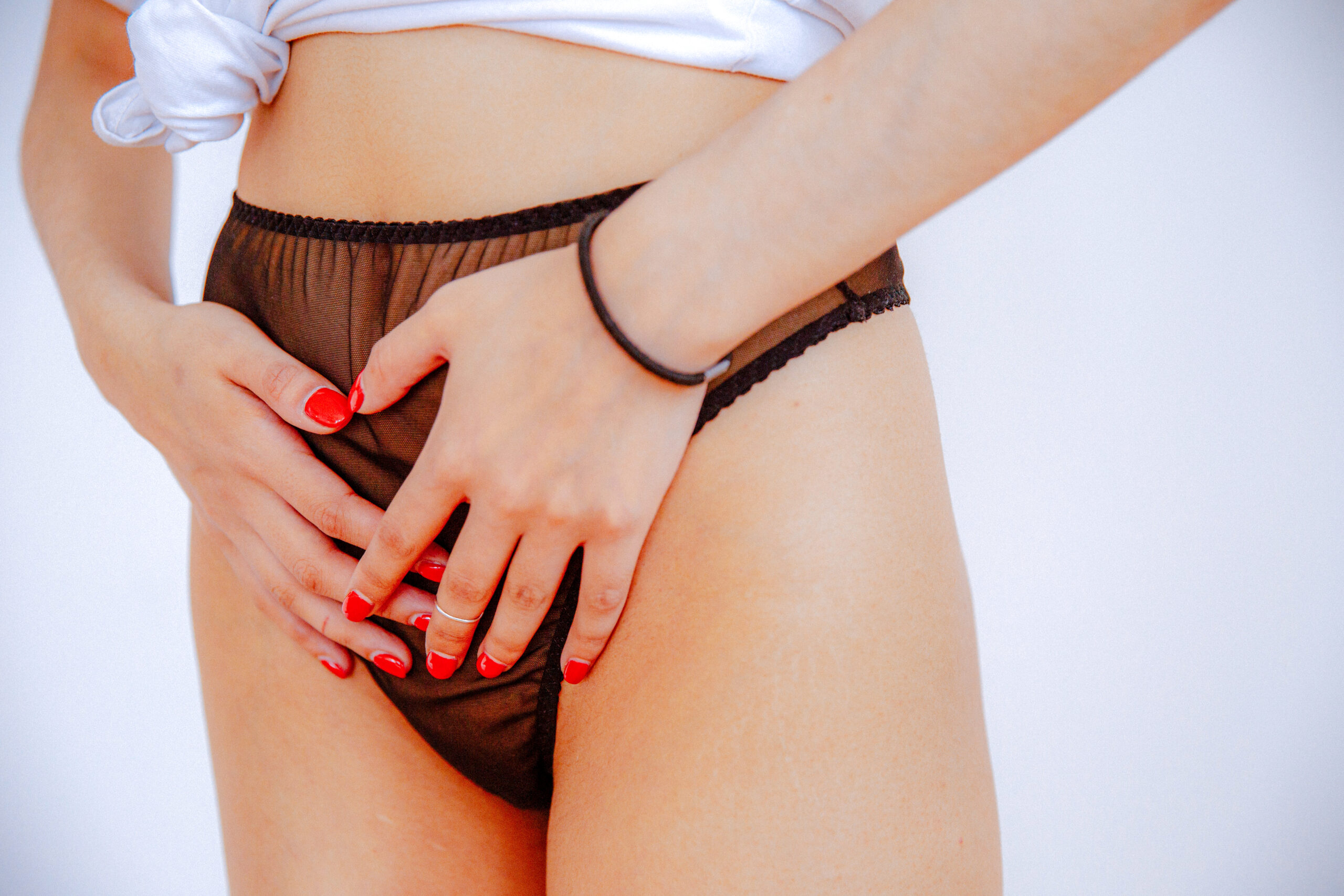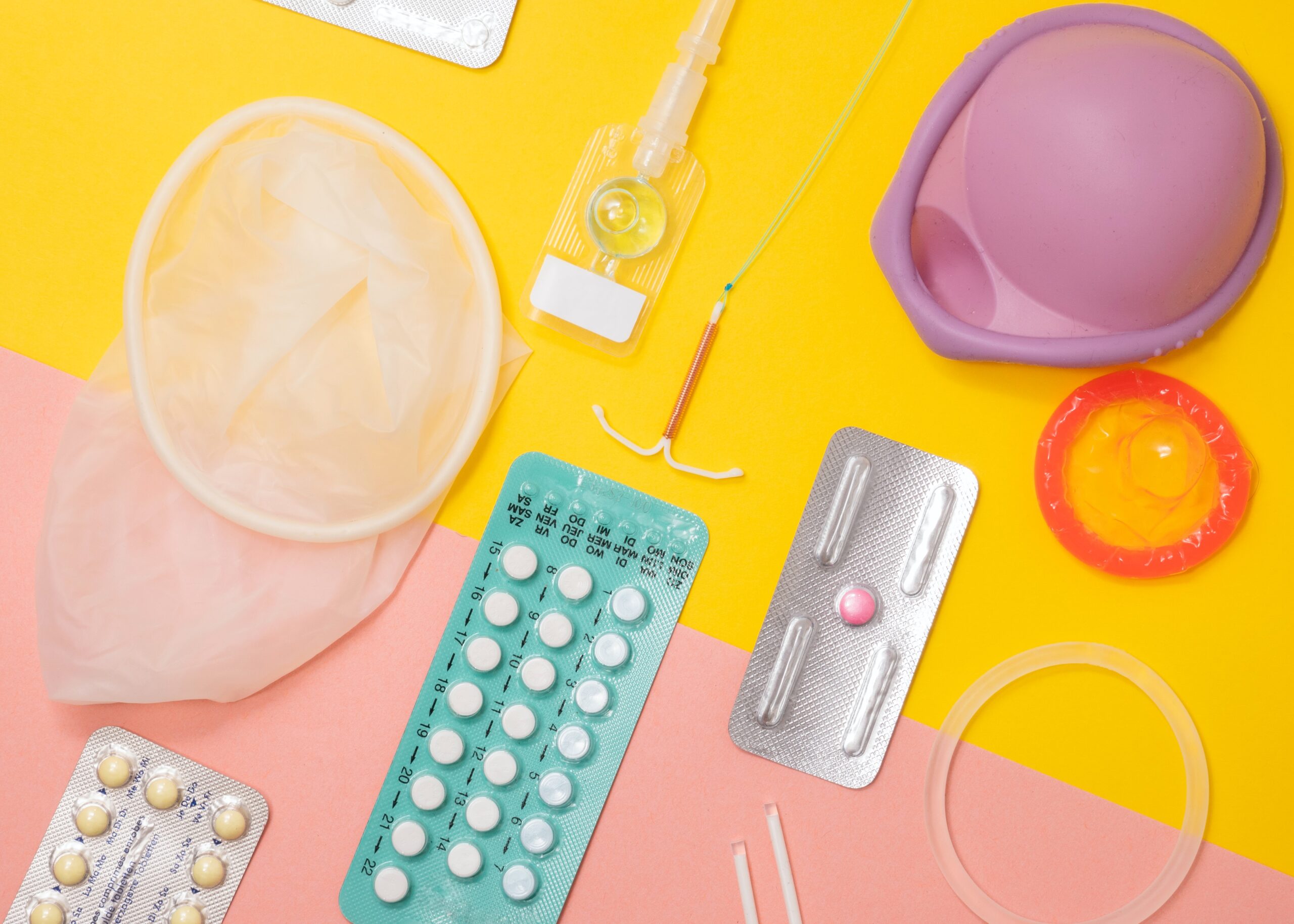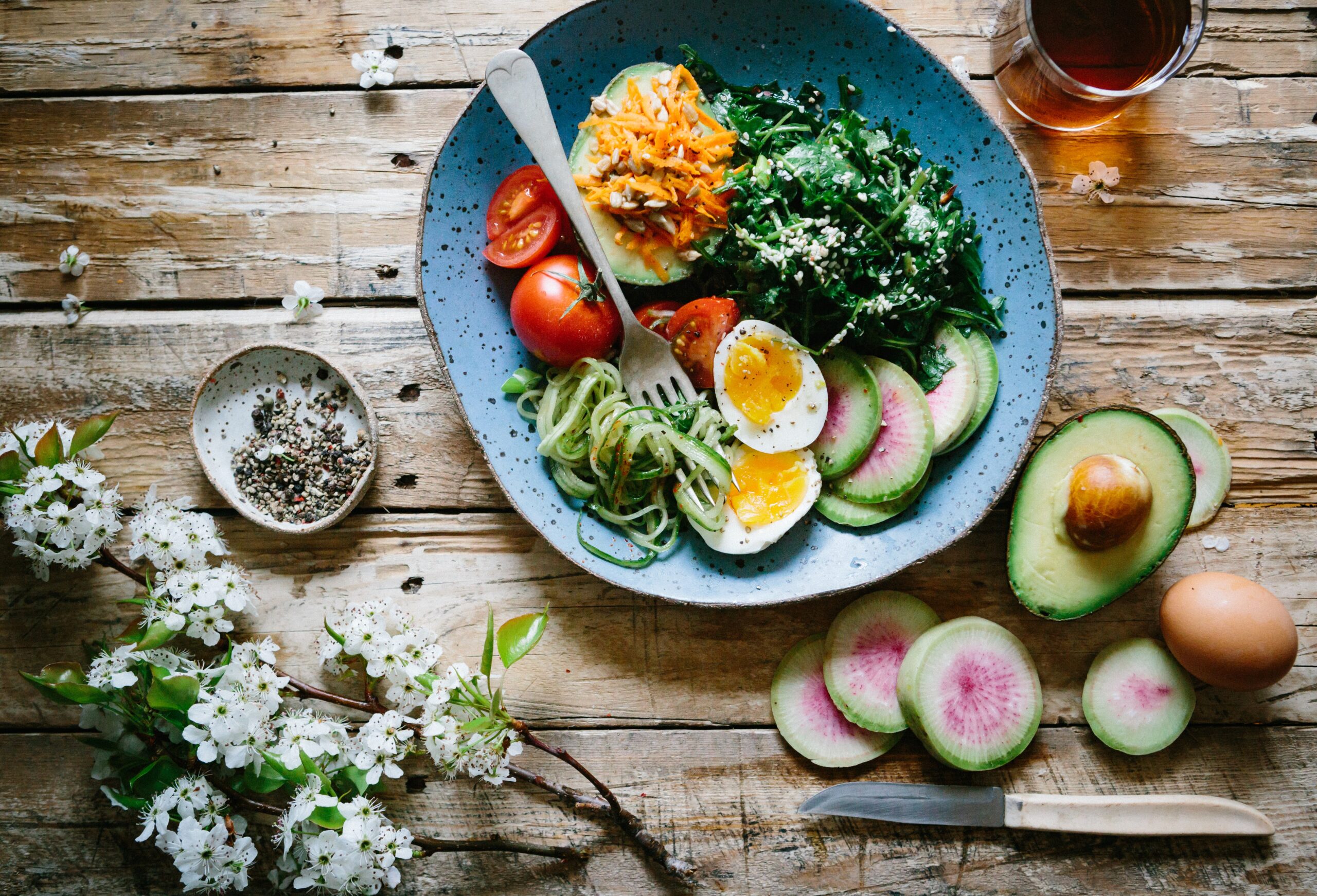Bacterial Vaginosis – How to Holistically Manage & Prevent BV

Bacterial Vaginosis (commonly known and referred to as BV), is a real b*tch, causing both physical and emotional inconvenience, and is the most common vaginal health condition in women.
According to the CDC (Center for Disease Control & Prevention) Website, statistics for Bacterial Vaginosis infections are that in the United States, an estimated 21.2 million (29.2%) women ages 14–49, have struggled with BV at some point in their lives, with most of those women (84% actually), having experienced no symptoms. (Source: https://www.cdc.gov/std/bv/stats.htm)
Many of those women experience recurring symptoms of BV and just can’t seem to get rid of it.
This causes not only physical discomfort, concern, inconvenience, and a lot of trips to the doctor’s office but also the emotional impacts can be devastating. The unpredictability of it. The impact on your sex life and intimate relationships. The relationship with yourself and your health, not understanding why and how this keeps happening and having no control over it.
That’s why I’m here and why I do what I do as the Yoni Nutritionist, to show you ways of how to manage BV infections, prevent them from coming back and to help you get your vaginal confidence and sexy self back!
Let’s start with understanding more about what BV is, how to recognize it, and what causes it. Then I will share my tips on how to holistically manage and prevent BV, and help get your Yoni health back on track so you can start feeling like yourself again!
BV Causes:
Bacterial Vaginosis is a common bacterial infection in women, caused by an imbalance of internal vaginal flora.
The vagina contains mostly “good” bacteria and some harmful bacteria, which is normal. But when it becomes a problem is when the harmful bacteria outgrow the good bacteria.
The good bacteria that live in the vagina are called lactobacilli. These good guys produce lactic acid which makes the vagina slightly acidic and prevents the growth of harmful bacteria.
The normal pH levels of the vagina are in the ranges of 3.8-4.5. When there are lower levels of lactobacilli bacteria in the vagina, this can cause the vagina to become less acidic, which can cause an imbalance bacteria, giving the bad bacteria a nice home to grow and thrive.
Common Symptoms of BV include:
- Vaginal discharge that is watery or thin, grey or white with a strong odor, commonly reported as a “fishy” smell
- Itching and burning sensations on both the inside and outside of the vulva or while urinating
- BV can also be asymptomatic and many women don’t realize that they have it.
What Contributes to BV:
- douching, bathing, or cleaning the vagina with unnatural, scented products like bubble baths, soaps, and other artificial products
- new sexual partners and/or multiple sex partners
- sex toys that aren’t cleaned properly
- poor sexual hygiene – i.e. contamination of bacteria from feces into the vagina, not bathing after sex
- smoking
- antibiotic use
- long-term hormonal contraceptive use
- washing underwear with strong detergents
- poor diet & digestive health issues
- gut health issues
- high intake of alcohol and caffeine
- stress
- candida overgrowth
BV Standard Treatment
Because BV is a bacterial infection of the vagina, it is typically treated with antibiotics. The most common antibiotics for treating BV are Metronidazole, Clindamycin, and Tinidazole, which also comes with a wide range of side effects.
These antibiotics are typically taken twice/day for 7 days and don’t guarantee that BV won’t come back.
In fact, approximately 30% of women whose symptoms disappear with antibiotic treatment will have a recurrence of BV within 3 months, and 50% will have a recurrence within 6 months. (Source: https://www.medicalnewstoday.com/articles/184622#diagnosis)
We all know what antibiotics do to gut health, which contributes to so many other vaginal health issues (like yeast infections) because it negatively impacts the health of the gut AND vaginal flora.
It’s just a vicious cycle that doesn’t help, improve or support vaginal health at all.
So what else can you do to prevent BV?
As much as I hate to say it, sometimes we really do need the support of the antibiotics to eliminate the BV infection (sometimes it just can’t be avoided), especially if the symptoms are severe.
BUT the good news is that there are natural ways we can prevent it from coming back.
It’s all about maintaining your gut health, because your gut health is connected to your vaginal health, and your gut microbiome is connected to your vaginal microbiome.
And this can be done through diet, nutrition and wellness practices.
Here are just some of my many tips to holistically manage and prevent BV:
MAINTAIN A BALANCED VAGINAL pH
Your vagina’s are usually slightly more acidic (pH levels between 3.8-4.5), which helps to keep the good bacteria in your vagina flourishing, keeping those bad guys that cause BV away. The best ways to naturally maintain your vaginal pH are:
- LEMON – Surprisingly lemon’s support vaginal health as their acidic nature helps maintain the vagina’s healthy pH. I like to drink a glass of warm lemon water in the morning before I put anything else into my mouth, also helping ignite my digestion.
- UNSWEETENED CRANBERRY JUICE – helps balance your vaginal pH and its acidic properties help fight bacteria that cause UTIs and other vaginal infections.
- GREEK YOGURT – eating greek yogurt is also great for maintaining vaginal health. It contains live and active cultures (Lactobacillus bacteria), the good guys in the vagina that we need to thrive! It also helps maintain healthy pH levels in the body. It’s important to eat this in moderation as dairy can also be a trigger for inflammation in your gut and vaginal health.
- APPLE CIDER VINEGAR (ACV) – The natural remedy for so many yoni problems like BV and yeast infections!
- When you are experiencing BV (or even a YI), rinse the vulva using a capful of ACV diluted in 1 cup of water.
- You can even make this ACV and water solution into a douche, using either a douche kit or enema kit (that hasn’t been previously used!) to administer a douche for yourself. Just be mindful about how much ACV you use because it’s STRONG!
Adding a capful of ACV into your warm lemon water in the morning helps to balance the pH levels of your vagina and provides you with beneficial probiotics that your gut and yoni LOVE. - One last use for ACV when you have trouble with both BV and yeast infections is taking a warm bath in Epsom salts, baking soda and a couple of “glugs” of ACV in the bathwater.
GUT HEALTH
The health of your gut is probably the most important for your Yoni health because your gut microbiome is connected to your vaginal microbiome. The health of your Yoni’s literally depend on what you are putting into your mouths!
- EAT WHOLE, FRESH FOODS – as much as you can. Eat the rainbow of colors of fresh fruits and veggies. Eat whole grains as well. By including lots of fiber into your diet from the fresh fruits and veggies and whole grains, your digestion will be on point, your elimination will be regular and your gut AND Yoni will be happy and healthy. My motto is – if it doesn’t grow, avoid it!
- LIMIT INFLAMMATORY FOODS – most common favorite foods cause inflammation in the gut, which negatively impacts gut bacteria, also disturbing your beautiful vaginal flora. Gluten, dairy, and sugar (ESPECIALLY processed sugar) are the main culprits of inflammation in the body, as well as high alcohol and caffeine consumption. As much as I hate to say it (because those foods are typical favorites), these foods should be avoided as much as possible.
- PROBIOTICS – your guts and Yoni’s LOVE probiotics because they help replenish the good bacteria in both your gut and vaginal microbiomes. Include natural probiotics to support the bacterial colony that keeps your Yoni’s happy and healthy. I recommend a good-quality Probiotic supplement with 50 billion CFU’s, which is ideal for vaginal health, especially if you are prone to recurring infections like yeast infections, BV or UTI’s. Probiotics can also be found in fermented foods like yogurt, kimchi, and sauerkraut.
PROPER SEXUAL HEALTH HYGIENE
Equally as important to managing and preventing BV, and as simple as some of these things are, you may not have considered them before as a helper in preventing BV infections.
- Do not use any kind of scented products on your yoni!
- Wear breathable, preferably cotton underwear
- ALWAYS Pee after sex and if you can, rinse your yoni either in the shower or sink
- AVOID any kind of contact from your bum to your yoni, either during sex, or wiping after you go to the bathroom – that’s how bacteria is easily transferred! Keep bum play and yoni play separate!
- Wash your hands before you touch your yoni!
- Wash your sex toys before and after use.
- If you use a menstrual cup, wash it before and after use
Do you struggle with recurring Bacterial Vaginosis infections and you are sick and tired of it negatively affecting your physical, mental and emotional health and impacting your life?
This is where I can help.
https://yoni-nutrition.teachable.com/p/the-bv-elimination-diet
If you are struggling with your BV diagnosis and need to talk, I offer 1:1 personal support calls as part of my services. Sometimes it helps to talk to someone who gets it!
